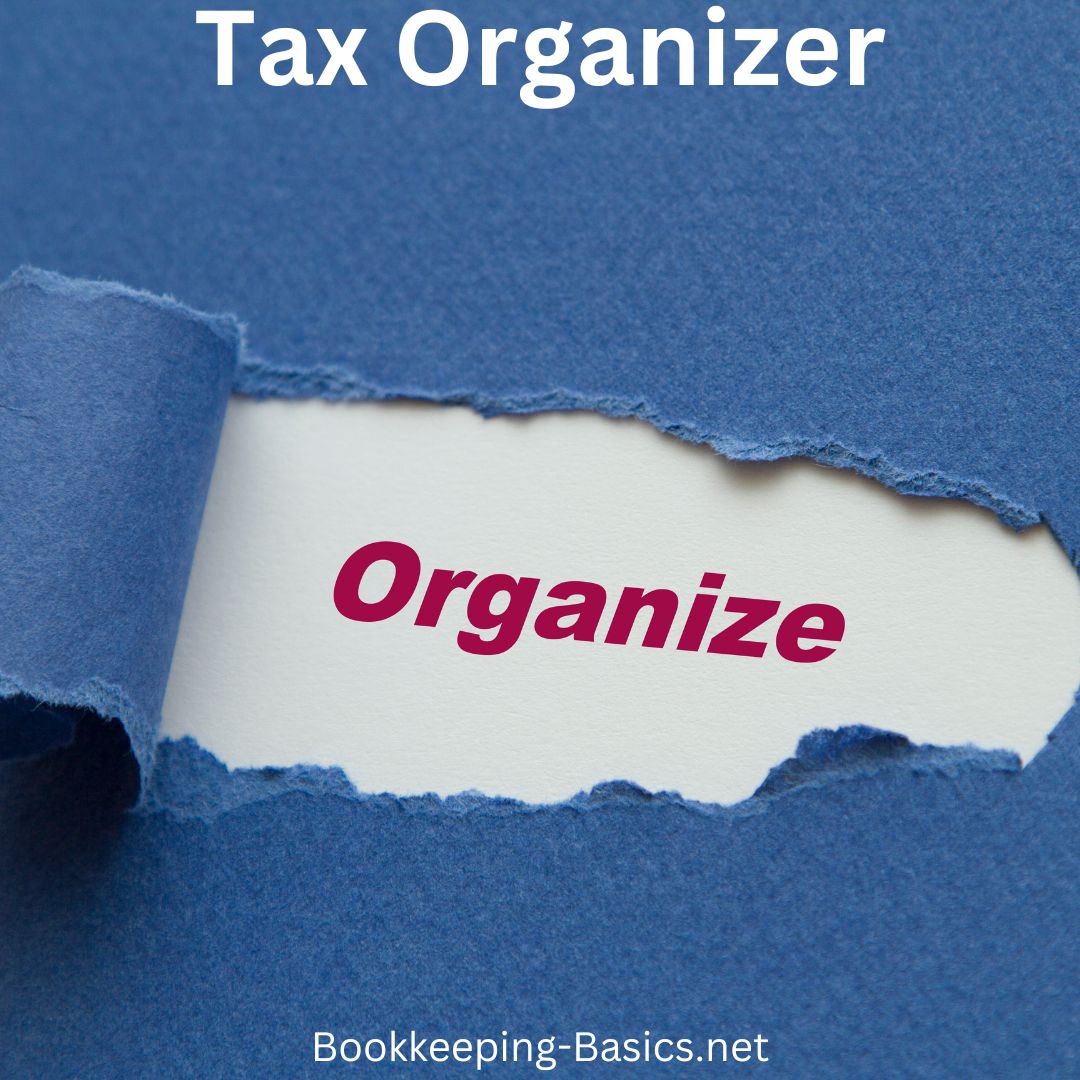- Home
- Tax Filing
- Debt Relief Facts
Debt Relief Facts
FAQ About Liability Forgiveness
Learn more about debt relief facts with these Frequently Asked Questions about liability forgiveness on a foreclosed property.
Understanding these details is crucial for individuals facing financial challenges and seeking viable solutions to alleviate their burdens on their income tax filing.
Debt Relief Facts
By being informed about forgiveness options, individuals can make informed decisions about their financial well-being. Here are some important liability reduction details to know:
- Debt Relief Programs: Various debt relief programs are available to help individuals manage and reduce their debts. These programs may include debt consolidation, debt settlement, credit counseling, and bankruptcy. Each program has its own eligibility criteria, benefits, and potential impacts on creditworthiness. It's essential to research and understand the specifics of each program before choosing the most suitable option.
- Creditors and Negotiations: Debt relief often involves negotiations with creditors. It's important to communicate openly with creditors, explain the financial hardships being faced, and explore possible repayment arrangements. Many creditors are willing to work with individuals to find mutually beneficial solutions, such as revised payment plans or reduced interest rates.
- Impact on Credit Score: Debt relief options may have varying impacts on an individual's credit score. For instance, debt settlement can initially have a negative impact, while debt consolidation or credit counseling may have a more positive influence. Understanding the potential consequences on creditworthiness is crucial for making informed decisions about debt relief.
- Financial Counseling and Education: Seeking the assistance of a reputable financial counselor or credit counseling agency can provide valuable guidance and support throughout the debt relief process. These professionals can help individuals develop realistic budgets, establish healthy financial habits, and provide education on debt management strategies.
- Scams and Predatory Practices: Unfortunately, the field of debt relief is not immune to scams and predatory practices. It's essential to be cautious and conduct thorough research before engaging with any debt relief service provider. Look for reputable organizations, read reviews, and verify their credentials and certifications to avoid falling victim to fraudulent practices.
- Personal Responsibility: Debt relief programs are tools to assist individuals in managing their debts, but ultimately, personal responsibility is essential for long-term financial stability. It's important to develop responsible financial habits, practice budgeting, and avoid accumulating new debts during and after participating in a debt relief program.
- Legal and Financial Implications: Debt relief programs, such as bankruptcy, have legal and financial implications that should be carefully considered. Consulting with an attorney or financial professional experienced in debt relief can provide guidance on the potential impacts, legal requirements, and long-term consequences of specific debt relief options.
Remember, each individual's financial situation is unique, and what works for one person may not be suitable for another. It's crucial to assess personal circumstances, seek professional advice, and fully understand the implications of debt relief options before making any decisions.
Being well-informed about debt relief facts empowers individuals to make choices that align with their financial goals and lead to long-term financial well-being. By understanding the available options, seeking assistance when needed, and taking proactive steps towards debt management, individuals can regain control of their finances and work towards a debt-free future.
Title Transfer On Foreclosed Property
Question: How do I know whether or not title has transferred on a foreclosed property?
Answer: In order to find out whether or not the title has transferred on a foreclosed property, you should simply check in with the local title company or call the lender.
Acquisition And Nonrecourse
Question: If a buyer gets two mortgages at the time of a purchase, are they both acquisition debt AND both nonrecourse?
Answer: If a buyer gets two mortgages at the time of the purchase they are both acquisition debt, however, the second trust deed may be recourse by the terms of the deed of trust. The first is not by operation of law.
Judicial Foreclosure Debt Relief Facts
Question: In a judicial foreclosure, how long does the lender have to hold the property before sale?
Answer: In a judicial foreclosure, the lender has one year to hold the property.
Rental Property Mortgages
Question: Are rental property mortgages recourse?
Answer: Yes rental property mortgages are considered to be recourse loans.
Qualifying Residence
Question: Can you use the new rules for qualifying residence debt exclusion and insolvency for nonqualifying debt?
Answer: Yes. You can use the exclusion for qualifying debt and the insolvency exception for the nonqualifying discharged debt per Publication 4681. However, if the qualifying residence debt exceeds $2,000,000.00, you cannot exclude the excess under the insolvency exception. This can change and should be reviewed on a year by year basis.
Multiple Foreclosures
Question: If I have multiple foreclosures, do I compute insolvency for each one?
Answer: Yes. If you have multiple foreclosures, you are allowed the exclusion only to the extent of insolvency at the time of each debt cancellation.
COD Income
Question: If a taxpayer does not receive a 1099-C, is COD still income?
Answer: Yes the COD is still income even if a 1099-C is not received. Many taxpayers do not get the forms because they move or fail to notify the lender of their current address.
Business Foreclosure
Question: Where do I report COD income from a rental or business foreclosure?
Answer: Nonbusiness COD income should be reported on Form 1040, line 21 (Other Income), rental COD income goes on Schedule E and business COD income is reported on Schedule C.
More Bookkeeping Articles
- Bookkeeping Company
- Bookkeeping Office Productivity
- Bookkeeping Salaries
- Bookkeeping Tips
- Business Structure
- Deductible Expenses
- Economic Stimulus Payments
- Estimated Tax Payment
- Hobby Loss Rule
- Home Based Bookkeeping Business
- Reduce Office Clutter
- Standard Mileage Rate
- Starting Own Business
- Tax Relief
Please subscribe to my monthly newsletter, Bookkeeping Basics E-zine. It tells you every month about the new information that I have added, including some great tips and advice from myself and other Bookkeeping Basics readers.
Like Bookkeeping-Basics.net?
- Home
- Tax Filing
- Debt Relief Facts

















New! Comments
Have your say about what you just read! Leave me a comment in the box below.